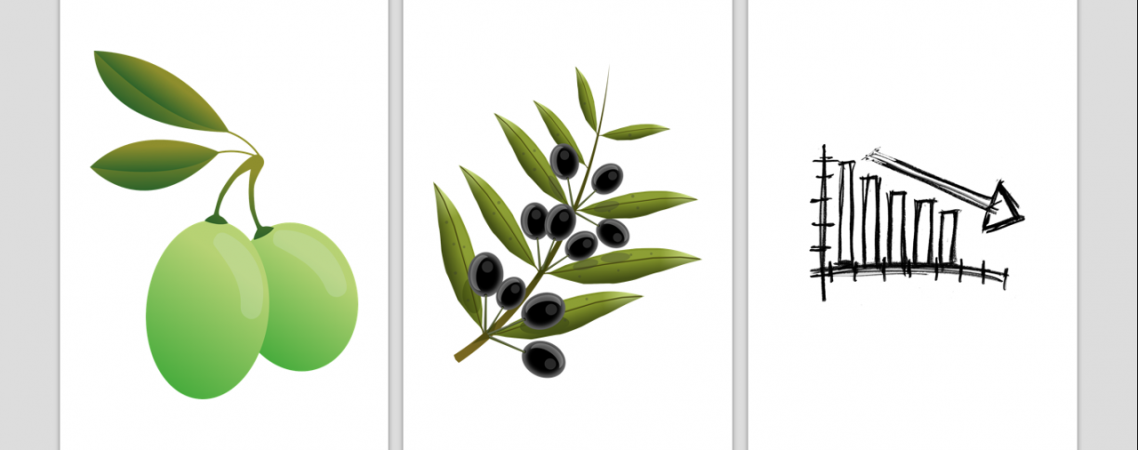
Olive Oil Sector: Harsh times ahead?
Besides the problems with olive-trees plundering we have previously reported with Salvem lo Montsia Association, a new and great concern has appeared in our industry. It is the sum of four conjunctural factors that have come into play and put the job of thousands of Spanish producers at risk. This crisis can end up aggravating the plundering and the loss of economic, natural and cultural heritage. These are the increasing competition, the fall in the consumption of oil, the moderation of the prices in the market and the fall of the income of the producers.
Last July, some 20,000 Andalusian producers went on strike to protest (see the report on Spanish Public Television). This year they will receive an average price of 2 euros per kilo of olive (one euro less than last year on these dates), while their production costs reached 2.7 euros per kilo, which means large losses.
On top of that, a study by the multinational Deoleo (representative of brands such as Carbonell, Koipe and others), indicates there is a risk that up to 200,000 traditional Spanish producers may disappear in the next 10 years as a result of increased competition (generally supported by mechanized production), and a decrease in the demand for oil. Both factors force down the market prices of oil and, also, the incomes paid to the producers. An article in the Spanish newspaper El Periódico tells about this study.
The most vulnerable production to these risks is the most artisanal. It is the least susceptible to integrate machines to produce and is generally developed in small fields, of between 1 and 3 hectares each. The oils obtained after non-mechanized processes are always the most expensive and this means huge loses when the market prices fall. In addition, native varieties such as “picual” can be lost if they are not produced in these fields.
From Ralda & Friends we will continue working for the economic and social sustainability of this sector and we hope to inform you of more optimistic news soon.



